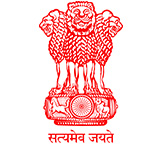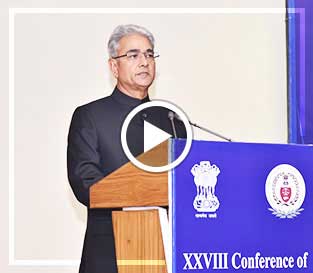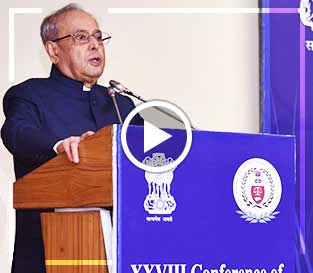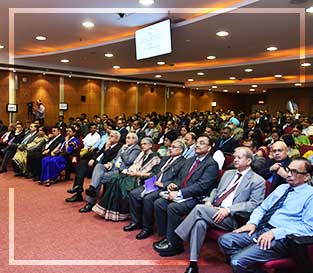 |
 |
 |
|||||||||||||||
 |
|||||||||||||||||
|
|||||||||||||||||
| XXVIIIth Accountants General Conference, 2016 & Symposium | |||||||||||||||||
|
|||||||||||||||||
| ©Indian Audit and Accounts Department | |||||||||||||||||
 |
 |
 |
|||||||||||||||
 |
|||||||||||||||||
|
|||||||||||||||||
| XXVIIIth Accountants General Conference, 2016 & Symposium | |||||||||||||||||
|
|||||||||||||||||
| ©Indian Audit and Accounts Department | |||||||||||||||||








